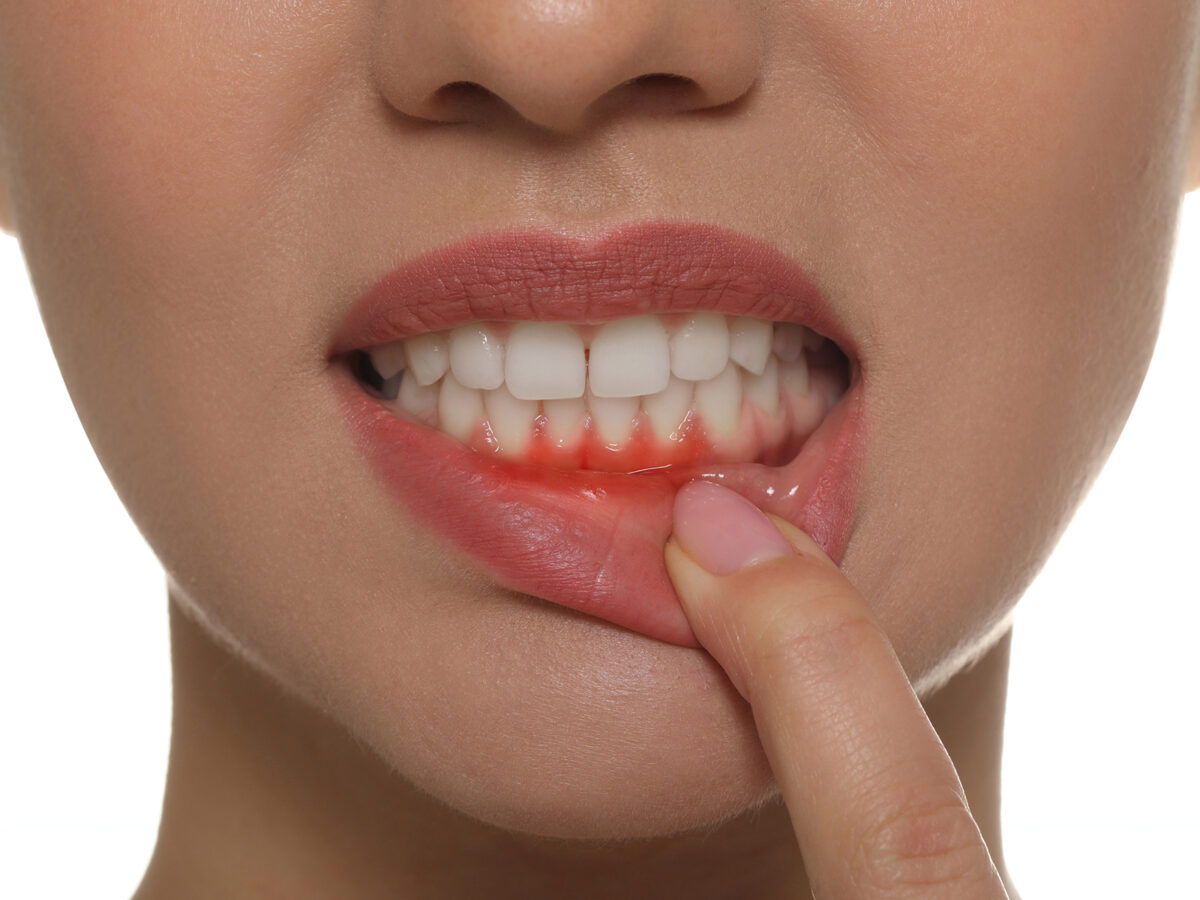Blog
Dental hygiene tips for healthy teeth & gums

How to get rid of itchy gums?
If your gums are itching, it could be a sign of several underlying conditions. From allergies to gum disease, hormonal changes, and more, itchy gums can occur due to many reasons. If the reason for itchy gums can be found, it would lead to the right treatment for your gingiva.
Dental health comprises more than just the health of your teeth. Your mouth has gum which is a delicate tissue surrounding your teeth, roots, and nerves. Gums are very sensitive and need special care, just like your teeth. If proper care is not taken, your gingiva can develop several chronic dental conditions, which can have serious consequences. A discomfort or itchiness in your gingiva reminds you that you need to change the way you care for them.
Symptoms of Itchy Gums
Itchy gums could be because of a variety of reasons, so other symptoms that accompany itchy gums can give better insight into the reason behind the itching:
- Allergy – If the itching also affects the roof of your mouth, then it is an allergic reaction.
- Gum disease – If, along with itching, you have red gingiva which looks inflamed or irritated, then it is possibly the onset of gum disease such as gingivitis or periodontal disease.
- Injury or tooth abscess – If your gums are in pain or ache and there is swelling then it could be the result of some sort of injury.
- Slightly bleeding gingiva for a short time are common as they could result from first-time flossing, etc. But if there is regular bleeding, then it could be a matter of concern and need a proper dental checkup by your dentist.
Common Reasons for Itchy Gums
If you know the reason for itchy gums, you can figure out the next steps in its treatment. Some of the most plausible reasons for gingiva itching are:
- Plaque buildup – If there is plaque buildup in your teeth or gingiva, it could cause itchiness. Plaque is a sticky substance on the surface of your teeth that contains bacteria responsible for breaking down simple sugars in food and drinks we consume. If this plaque stays on our teeth for a long time, it can harden into tartar which you can remove by flossing or a toothbrush. If this tartar forms below the gum line, your gingiva can get irritated and inflamed. This condition is the early stage of a gum disease called gingivitis.
- Allergic reaction – Itchy mouth could also result from a mild allergic reaction. People with hay fever also suffer from OAS (Oral Allergy Syndrome), which results in swelling and itchiness in the gingiva.
- Hormonal changes – If there is a change in natural hormonal levels, it can cause itchy gums. Puberty, pregnancy, menstruation, menopause, etc., are some situations in which people can develop itchy gums.
- Dry mouth – Our mouth produces saliva naturally to keep our mouths moist. But certain medications, medical conditions, or food can prevent your mouth from producing enough saliva, and you can develop a dry mouth. This dryness can lead to itchiness in the gingiva.
How to Get Relief From Itchy Gums
You can easily get rid of itchy gums through simple things like:
- Brushing, flossing, and using an antibacterial mouthwash
- Rinsing the mouth with salt water
- Taking OTC (over-the-counter) antihistamines (if the reason for itchy gums is allergies)
- Using teeth guards to prevent any further damage to your teeth.
- Plaque scaling is an electric tool that your dentist uses to remove tartar and plaque buildup from your gingiva.
- Root planing – This is a procedure that your dentist can use in case there is severe tartar buildup because of receded gingiva. Through this procedure, your gums and teeth get a fresh surface to reattach to healthy tissue.
- The lasering procedure can be used to remove tartar and plaque and can be an effective treatment on top of planing and scaling.
When Should You See a Dentist
If symptoms persist, you must meet your dentist. The first stages of any gum disease, like gingivitis, can be controlled and treated easily. Your dentist might advise lifestyle or diet changes along with professional care, such as teeth cleaning.
- If you have tartar buildup, you can not remove it at home as it requires tools and procedures only your dentist can perform.
- If you have OAS (Oral Allergy Syndrome), then your doctor can confirm it by taking a skin allergy test for pollen and also discussing your symptoms’ history.
- If you grind your teeth (bruxism), your dentist can suggest what mouth guards to wear to prevent further grinding and damaging of teeth and gingiva.
The best way to deal with itchy gums is to prevent them from happening by maintaining good oral hygiene. Certain habits like smoking can adversely affect our health and dental health and cause stained teeth. So an excellent preventive step would be to quit smoking. Despite taking all home remedies, if your itchy gums persist for more than a few days, then it is time for you to consult your dentist.


